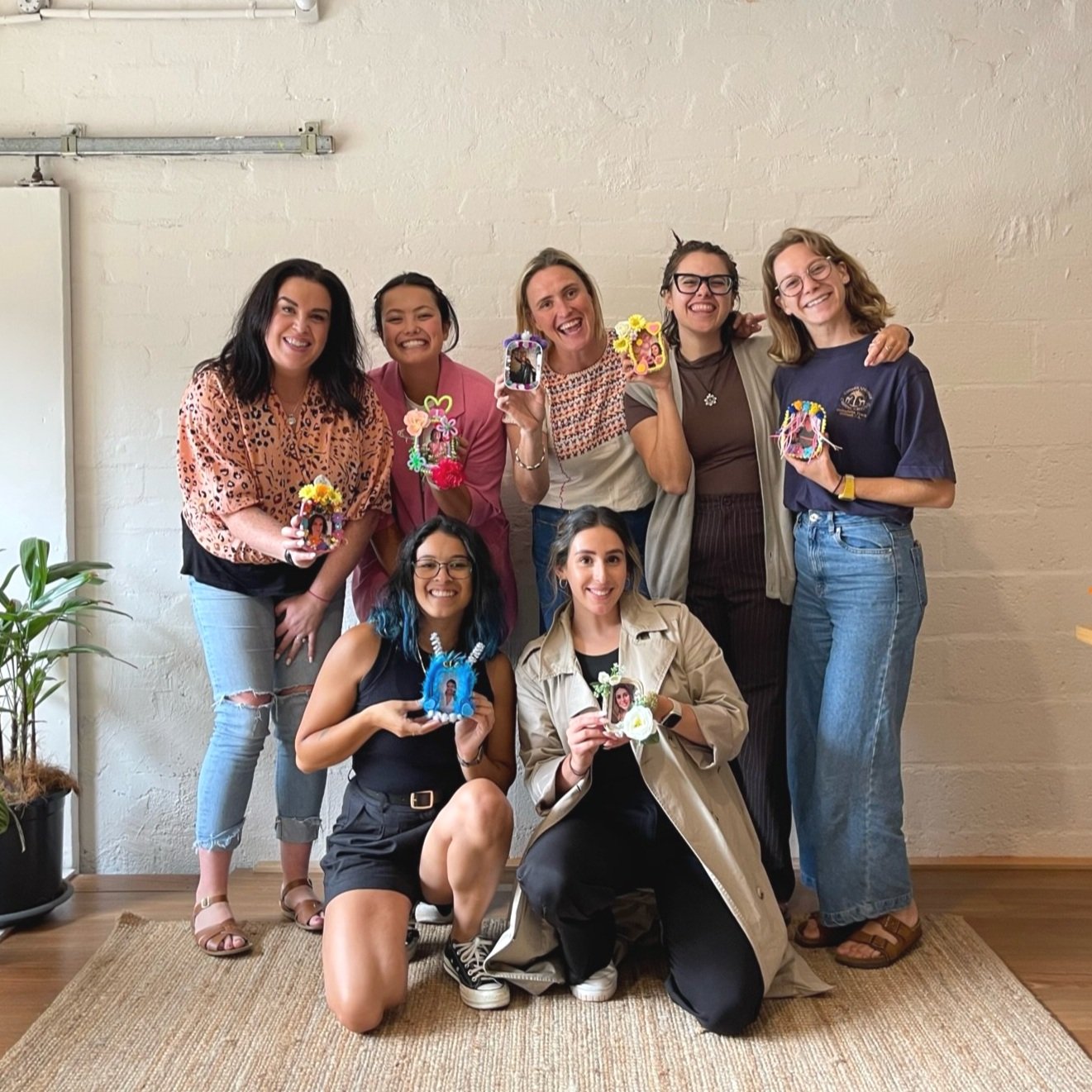
Celebrating Impact
Strength
Building Capacity
SLAY
THE
DAY
✶
SLAY THE DAY ✶
Are you?
❋
A young person
✿
Someone who would like to know more about The Living Free Project
What is
The Living Free Project?
The Living Free Project supported young people aged 10-30 who identify as female or non-binary, who have early involvement in the justice system, or who are at risk of justice system involvement.
Place based support provided by a Living Free worker may have includes:
Outreach support and mentorship
Strengths based, psycho-social groups promoting wellbeing through connection and creativity
Care co-ordination, court support and advocacy
Mental or physical health support
Provision of a therapeutic space to allow for subtle behaviour change conversations
Case management: creating care teams and holding services accountable, advocating to other services on behalf of our clients
Support with system navigation and material aid
Support for family and parenting stress
Alcohol and drug support
How Living Free was amazing:
Living Free was a non-judgemental, strengths-based outreach program delivering intensive support and advocacy to improve justice outcomes.
Engagement is ongoing on a needs basis. There were no 3 strikes and you are out policy with Living Free. We provided flexible frequency of appointments that are dependent on the individual needs of the client.
Outreach capacity allowed us to vary the type of contact to best suit the needs of the client. We were able to meet wherever best suits them.
We were able to provide support in court for those who require it.
Intervention was guided by what participants want and need support with, and all referrals were voluntary and confidential.
The data
2021-2022 Victoria Corrections
19.5% of females in prison are there for drug related offending as their most serious offence- second highest category after assault.
50% of women had been a victim of crime themselves in the two years prior to entering prison, with assault being the most common type of offence against them
52% of women in custody were unsentenced - a gendered impact of the changes to the Bail laws
The majority of women in Australian prisons have children, with 85% having been pregnant at some point in their lives, and 54% having at least one dependent child
11% of women in prison identified as Aboriginal and Torres Strait Islander
The facts and figures
of females in prison
Trauma and victimisation histories affect as many as 98% of the female prison population
Women entering Australian prisons have considerably poorer physical health with close to half (45%) found to have a chronic health condition
85% have
experienced violence at some point in their lives
17% had a parent or carer in prison during their childhood
What Living Free participants have to say…
Outcomes of Living Free
Only 10% of women engaged with the Living Free Project are known to have been charged with further offending whilst involved in the project
Slay!
Increased
self-reports of improved health and wellbeing and connectedness and reduction in risks of
re-offending
Yay!
Increased participation
pre and post in AOD services (10% to 16%) and mental health services (26% to 38%)
For the cohort of girls who were reported missing less than 5 times upon project referral, missing person reports decreased by 90% with only two girls reported missing following project involvement
Werk
93% of the girls who have been exited from the program who were disengaged from school on referral, were actively engaging in education or training at the time of closure
Children remaining and returned to the care of their mother
Improved familial functioning and reduced risk of family breakdown

Living Free Legacy
“
What you have all done with the Living Free program is extraordinary, and it is so disappointing to see this coming to an end.
I don’t really know what to say, other than you are all incredibly skilled people and I look forward to staying in touch and hearing all about what you are doing and where you land!



















